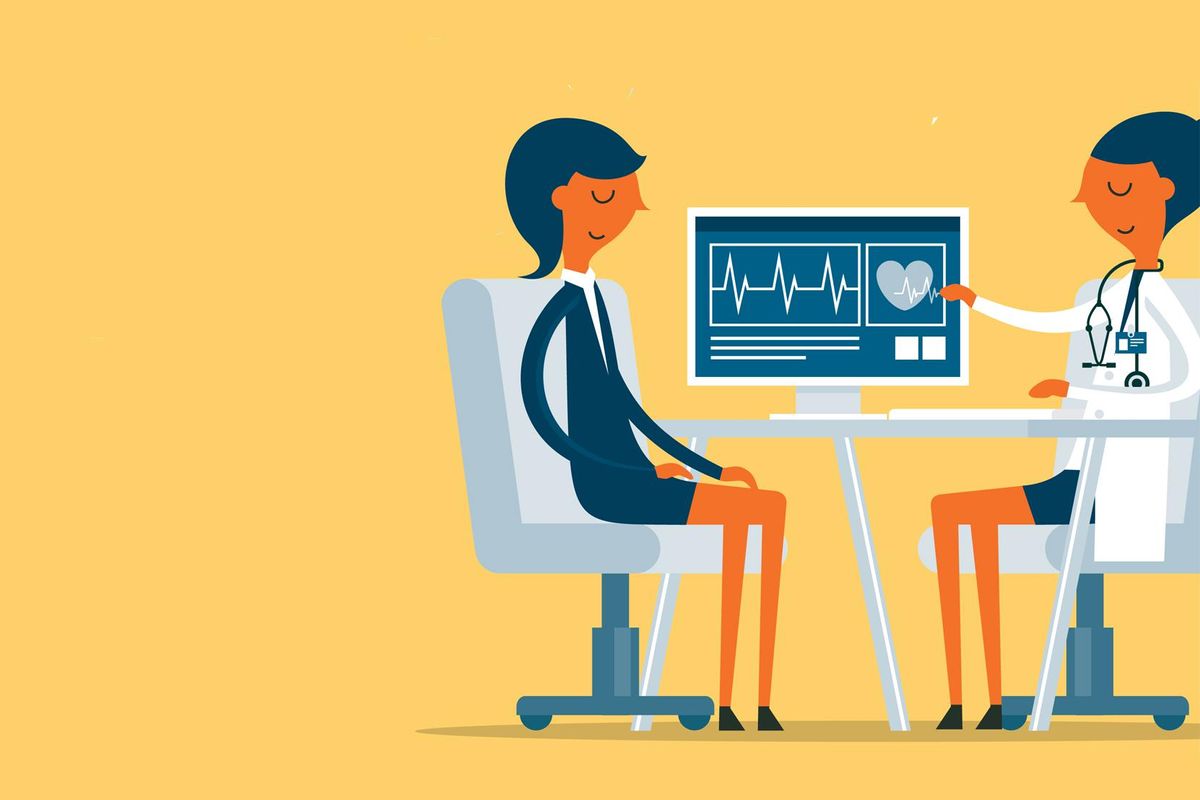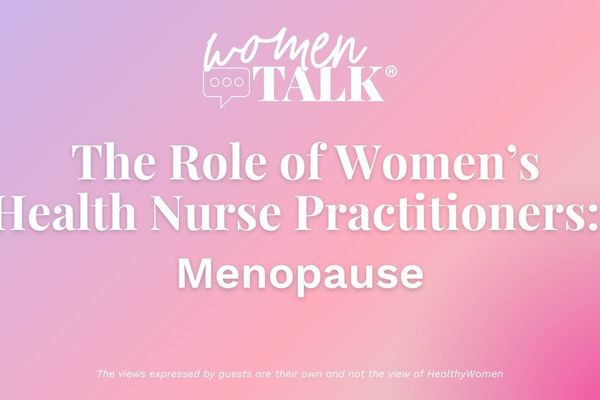Designed by Sarah Hoctor
Before the appointment:
- Pay attention to changes in your cycle such as:
- hot flashes
- mood swings
- headaches
- sleep disturbances
- weight gain
- Talk to your family about any history of:
- breast, ovarian, uterine or colon cancer
- heart disease
- stroke
- blood clots
- dementia
- Think about how your stress level or lifestyle could be affecting your cycle
- Identify any triggers (such as hot showers, alcohol or spicy food) that make your symptoms worse
- Consider your fears about menopause and/or treatments
What to bring:
- A record of your menstrual periods that includes length, heaviness and cramping
- Copies of recent labs and test results
- Paper and pen (or your phone) for taking notes
Not sure what to ask? Consider these questions:
- Could I be starting menopause even if I’m only in my late 30s or early 40s?
- How long should I expect symptoms like hot flashes and night sweats to last?
- What are my lifestyle or treatment options?
- How do I balance the risks and benefits of medical therapy for menopausal symptoms?
- Are there alternatives to hormone medical therapy for my symptoms?
- If sex is painful or I’ve lost my sex drive, what can be done to help me and my relationship?
- How do the hormonal changes of menopause affect my heart, bones, mood, sleep and overall health?
Don’t be afraid to:
- Ask for things to be repeated or explained
- Ask for written material or recommended links to research on your own
- Take your time or schedule another visit to follow-up on how you are responding to treatment
- Talk to your HCP if you’re unsure what your options are
- Get a second opinion from a menopause specialist
Be your own advocate
Not every healthcare provider (HCP) knows about menopause — or takes it seriously. If your HCP isn’t comfortable talking about common menopause symptoms like hot flashes, vaginal dryness or pain with sex, they may not be the right HCP for you.
If your HCP says things like this, it’s time to find a new HCP:
“Those exhausting hot flashes you just described are unavoidable during menopause. They’ll go away soon.”
“I’ve never heard of [symptom you just explained]. Are you sure it’s not all in your head?”
“That’s just a normal part of aging. There’s not really anything I can do to help you.”
“Sorry to interrupt, but I’ve got to get to my next appointment.”
Consider seeking out a menopause specialist. The North American Menopause Society certifies menopause practitioners who have undergone advanced training.
Your concerns about menopause are valid, and you deserve to be heard.
This resource was created with support from Astellas.
- Menopause ›
- Clinically Speaking: Questions and Answers About Vaginal Atrophy ›
- Health in Your 50s: Take the Time to Stay Healthy Through Menopause ›
- Menopause: Answering the Big Questions in Women’s Midlife Health ›








